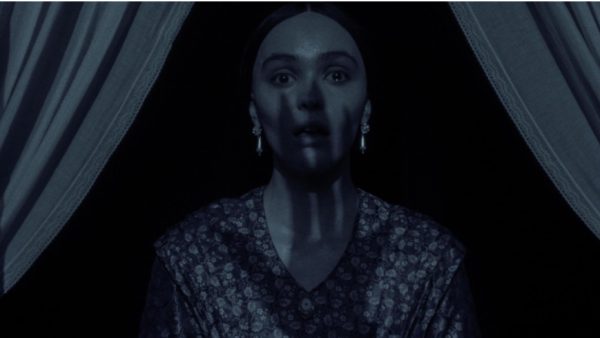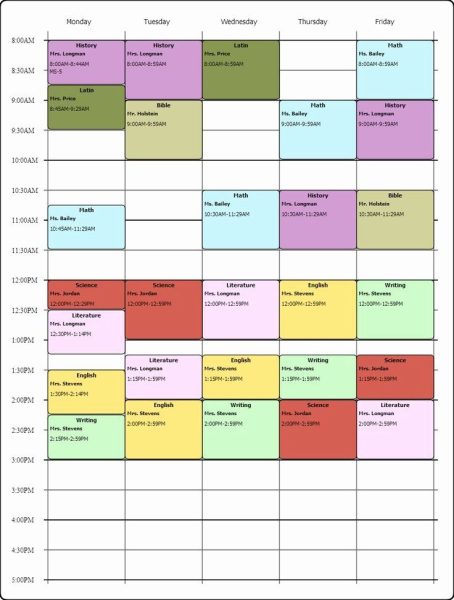Tired of Being Tired: Why Westside should implement a later school start time
“Heavy Backpacks…Heavy Consequences?” was the headline for a story posted in the Westside Wired showcase just this week. After reading it, which you can do here, I found myself worrying.
“Maybe this backpack is a bit too heavy,” I thought to myself (although I took no action. I still carry a backpack that must weigh well over 20 pounds).
Then came my next realization that I’m probably not putting my health first. My mother told me my eyes look red and swollen, like I haven’t been sleeping anywhere close to enough.
Then came the pestering; studies showing that not sleeping enough can cause a world of problems including dementia, weight gain, difficulty learning and concentrating, and the risk of falling asleep at the wheel. And she was right, of course (the National Sleep Foundation backed her up on all counts).
While I’ve heard the facts about sleep loss many times before, for some reason nothing really hit me until now. Maybe it’s because for the first time I think my performance in school and enjoyment of some other activities is decreasing because of exhaustion but for the first time I am worried.
And yet here I am writing out my thoughts about my sleep deprivation at 12:30 a.m.
So what gives? Well, nothing. I have things to get done and I need time to do them. A column on page six of issue four of the Lance (coincidentally written by the same person who wrote the article about backpacks, Emma Johanningsmeier) says it just about perfectly: “And think of it: when else, besides late at night, do most teenagers have the time to focus for four hours straight?”
But while I agreed with the opinion as a whole just a few months ago, I am now much less enthusiastic about one major part. A section of the column says teenagers should, essentially, suck up the lack of sleep caused by late-night studying and find ways to adapt.
And this is where I am going to take my stand. Teenagers should not find ways to adapt. Something needs to change.
Let’s start here: Google “the benefits of teenage sleep deprivation” or “teenage sleep deprivation not so bad.” Voila. Looks like there are no benefits and it is bad.
According to the National Sleep Foundation, teens need nine and one quarter hours of sleep each night to function best. A study by the Journal of School Health reported that 90 percent of teens are getting fewer than the recommended nine hours of sleep per night. 10 percent of teens reported getting fewer than six hours of sleep.
So 90 percent of teenagers are sleep deprived. And as much as we blame it on homework, we need to realize something: teenagers are supposed to go to bed late at night. The National Sleep Foundation says, “Biological sleep patterns shift toward later times for both sleeping and waking during adolescence — meaning it is natural to not be able to fall asleep before 11:00 p.m.” Essentially, a teenager’s sleep is meant to work on a different schedule than that of an adult. Early to bed, early to rise might make an adult or young child happy, healthy and wise, but that is not so for a young adult.
Mayo Clinic says that a teens internal clock shifts to make a teen feel sleepy at 11 p.m. or later. Going to sleep at 10 p.m. or earlier may not be a viable option for teens, and with school beginning at 8 a.m., which means a 7 a.m. wake up time, if not earlier, which means nine hours is wishful thinking? And piling onto this sleep schedule difficulty is that very internal clock that makes us sleepy: throwing it off is detrimental. According to the National Sleep Foundation, the irregular sleep pattern of teens — sleeping in on weekends to recuperate lost hours — can reduce the quality of sleep being attained.
While searching through various proposed solutions for teen sleep problems, two caught my eye: making sleep a priority and implementing later school start times.
While it would seem that starting school later would mean students would just go to bed later and lose precious learning minutes, research has shown otherwise.
In one example — and there are many — a study by Dr. Judy Owens, a sleep expert and and associate professor at the Alpert Medical School – Brown University, done at a private high school shows that with a modest delay in school start time from 8 a.m. to 8:30 a.m. resulted in an increase in student sleep. Sleep duration increased by 45 minutes on average per night, and the percentage of students that felt they “rarely/never” got enough sleep decreased from 69 to 34 percent.
This study, and others like it, show two things: the delay in start time is giving students more time to meet their biological clock, and in doing so it is giving students sharper, more alert minds, which is resulting in better organization and ability to learn information.
This leaves me wondering why schools are ignoring research, research that says adolescents loss of sleep is detrimental to their learning and health, and especially when the reason for the sleep loss is biological. I have no answer. All I know is this: I’m tired and frankly sleep-walking through my day. And I’ll admit that I fall asleep at the wheel.
Schools tell me not to fall asleep in class, and everyone tells me not to drive drowsy, but when it’s impossible for me to reach my biologically necessary sleep schedule, I’m not inclined to listen on either account.
I don’t know how many minutes school would be pushed back. I don’t know how class schedules would change. All I know is that school start times do need to be delayed, and ignoring research is going to be detrimental in the long run. I’m worried about my health, and you should be worried about yours too.
Your donation will support the student journalists of Omaha Westside High School. Your contribution will allow us to purchase equipment and cover our annual website hosting costs.







